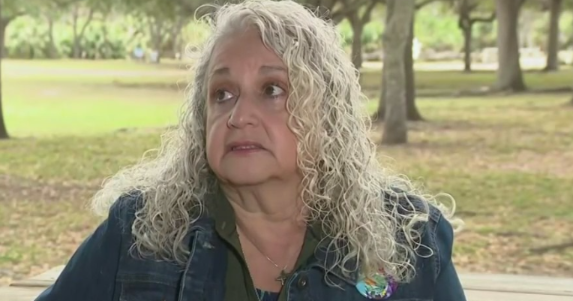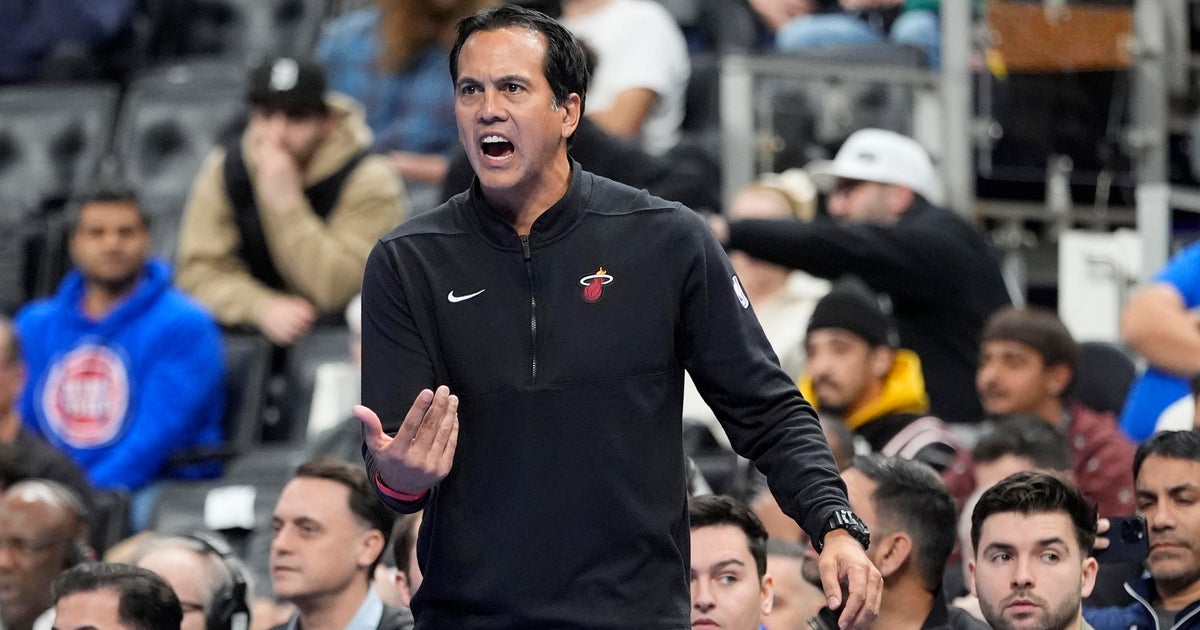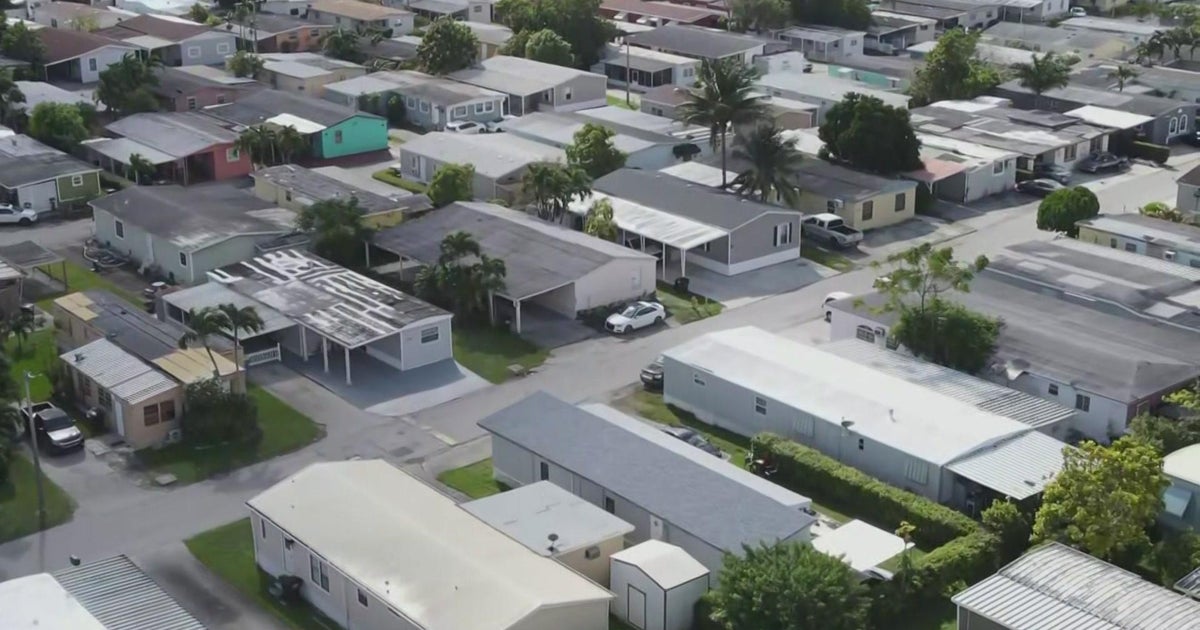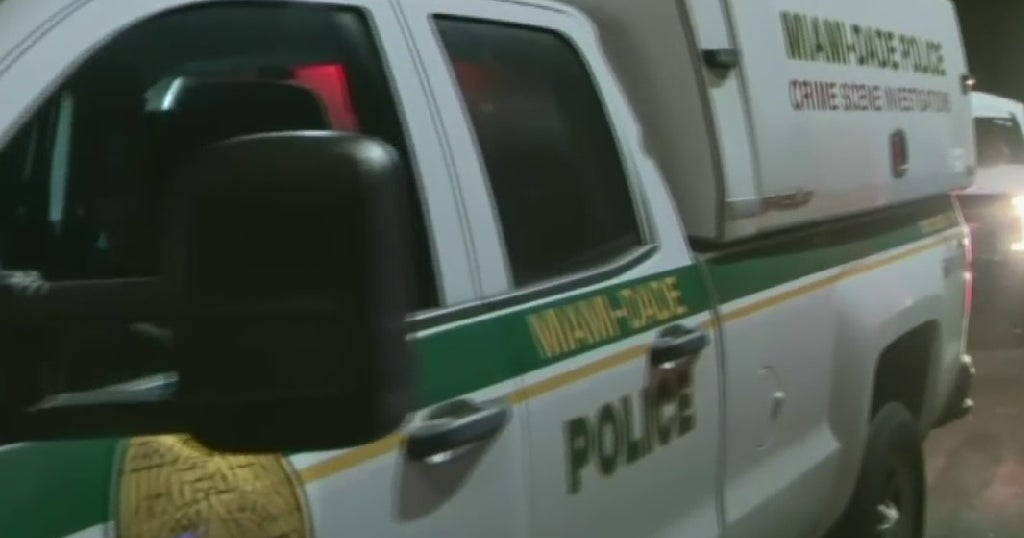Stadium Deal Vote Faces A Tight Deadline
MIAMI (CBSMiami) – The 11th hour deal between the Miami Dolphins and Miami Dade-County will go to the voters, but the referendum will be on a very condensed schedule.
The agreement was reached just before 10 p.m. Monday. Dolphins CEO Mike Dee tweeted the news along with a picture of him shaking hands with Gimenez. He called the deal an "unprecedented agreement for our community" and used the hashtag "#LetTheVotersDecide."
Now that the deal has been struck between the two sides, a special Miami-Dade Commission meeting will be held Wednesday to approve the deal negotiated between Dee and Gimenez and set an election date within the next 30 days.
"That should be an end all, do all for anyone who visualizes it," said Miami-Dade County Commissioner Sally Heyman.
The commission will have to take action on the proposal quickly as any special election must be advertised by April 13. The election will cost between $3 and $5 million and be paid for by the Dolphins.
Commissioners were given a packet Tuesday night outlining the main points of the deal. Click Here to read the proposal commissioners will be considering on Wednesday, and Click Here to see the official form that will be filed with the county after the vote.
The deal has very favorable terms for Miami-Dade County. Under the proposal, as revealed by Dolphins owner Stephen Ross, the team will pay 70 percent of costs related to construction, repay the county and state approximately $167 million, pay 100 percent of costs if project goes over budget and commit to staying in Miami-Dade County for the next 30 years.
There will also be penalties if they fail to secure multiple Super Bowls, college championships and international soccer matches.
"People warned me the Mayor was going to be a tough negotiator; they were right," Dee said.
"I want to thank Mayor Gimenez and his team for their hard work and commitment to bringing jobs and opportunity to the people of Miami-Dade," Ross said in a statement. "This is truly an unprecedented agreement, and the Mayor deserves tremendous credit for making it happen. I love this community and nothing would make me prouder than watching the Miami Dolphins play a Super Bowl in a modernized Sun Life Stadium."
"I love that there's a guarantee that says we're going to deliver," Heyman said.
Once the special election is advertised, the Florida Legislature must vote on the stadium deal by May 3rd, which is the last day of the 2013 legislative session. After that, the next key date will be May 14th, when an election was already scheduled to take place.
The stadium referendum will likely be added to that election and voters will then decide whether to allow the stadium renovations to move forward. The referendum would have early voting, absentee voting and day of voting, just like a standard election.
However, it's not known how much early voting will take place for the referendum vote.
The total cost of the renovations to Sun Life Stadium would be approximately $400 million. The money would come from an increase in the mainland hotel tax rate, from 6% to 7%, plus a tax rebate. The Dolphins would get an amount up to 75% of that revenue a year, up to $7.5 million in the first year and increasing by 3% each year after.
The referendum vote could help decide whether South Florida gets another Super Bowl in the next several years. The Dolphins are hoping to land either Super Bowl L (50) or Super Bowl LI (51) and a successful renovation plan would go a long way to convincing the owners to give South Florida an 11th Super Bowl.
Miami's primary competition for Super Bowl L is the city of Santa Clara, California. The California city is currently building a state-of-the-art billion dollar stadium that it hopes will be the center of Super Bowl L. The stadium will eventually be the home of the San Francisco 49ers.
If the Dolphins don't land Super Bowl L, the team hopes to get Super Bowl LI. The primary competition for Super Bowl LI would be the city of Houston Texans and Reliant Stadium.
But the Fins' primary focus has been getting Super Bowl L so the area that has hosted more Super Bowls than anywhere can put on another great show for the fiftieth anniversary Super Bowl.
NFL owners are scheduled to meet starting May 21 and a deal would need to be in place by that date to reassure the owners about sending a Super Bowl back to Miami.
The biggest hurdle the Dolphins have had to overcome is the stain left on the community from the botched Miami Marlins stadium deal negotiated by city and county leaders. Taxpayers were left on the hook for roughly $2.4 billion for the stadium.
"Enough of the Marlins," Heyman said. "I still have heartache over that, but you move forward.
It was a sentiment shared by Commissioner Esteban Bovo.
"It's unfortunate, but that is the memory that people have and they don't want to get burned again; and I don't blame them," Bovo said. "There's still some philosophical differences that I have as far as participating in this kind of deal with someone who can obviously afford to do it themselves."
Bovo did express concern for the speed in which the referendum came together and now will be voted upon.
"Things that are cooked overnight, we've got to make sure the public is not getting the raw end of this deal," Bovo said.
For his part, Gimenez has been one of the linchpins of the deal. He opposed the Marlins Stadium deal which was the main plank of his successful run for mayor. Getting his support, the Dolphins hope, will be key to getting the deal past taxpayers.
"I think this is a good deal. I certainly plan to vote for it," Mayor Gimenez said. "But again it's up to the people of Miami-Dade County to decide whether they want to do this or not."
Wednesday's hearing will be open to the public, but it's not a public hearing so residents will likely not be allowed to speak.
Everything now hinges on whether the citizens of Miami-Dade County will agree to the tax changes for tourists. If the stadium deal fails to win taxpayer approval, the team and its owner enter an unknown future.



